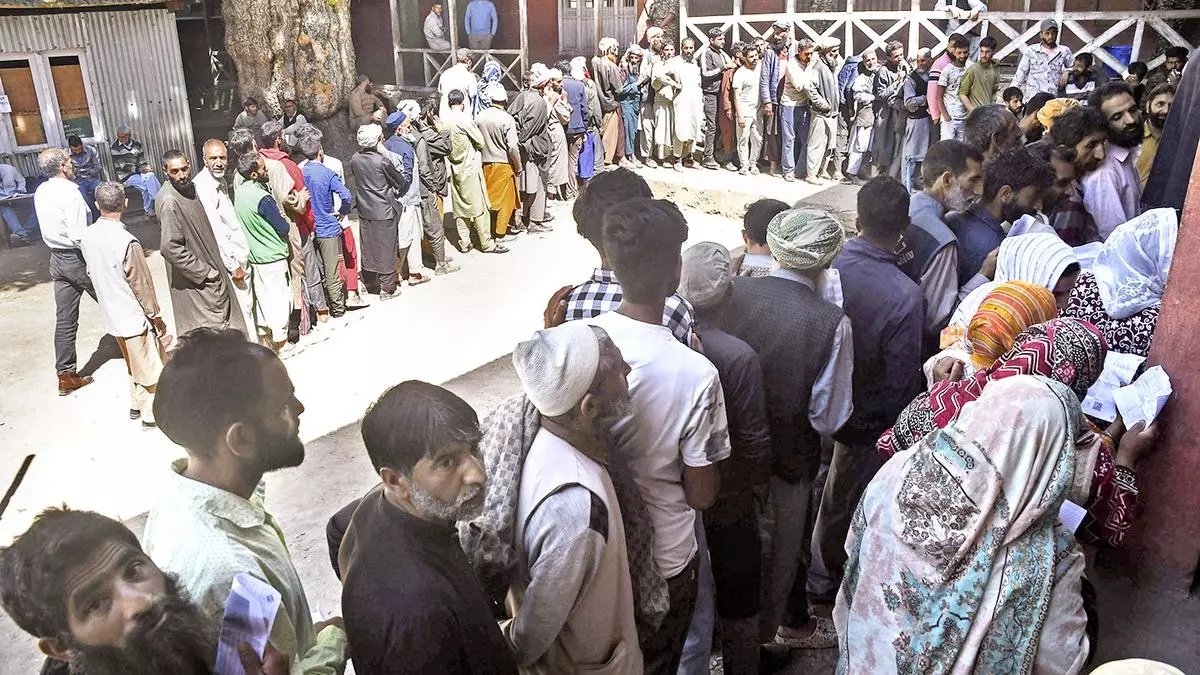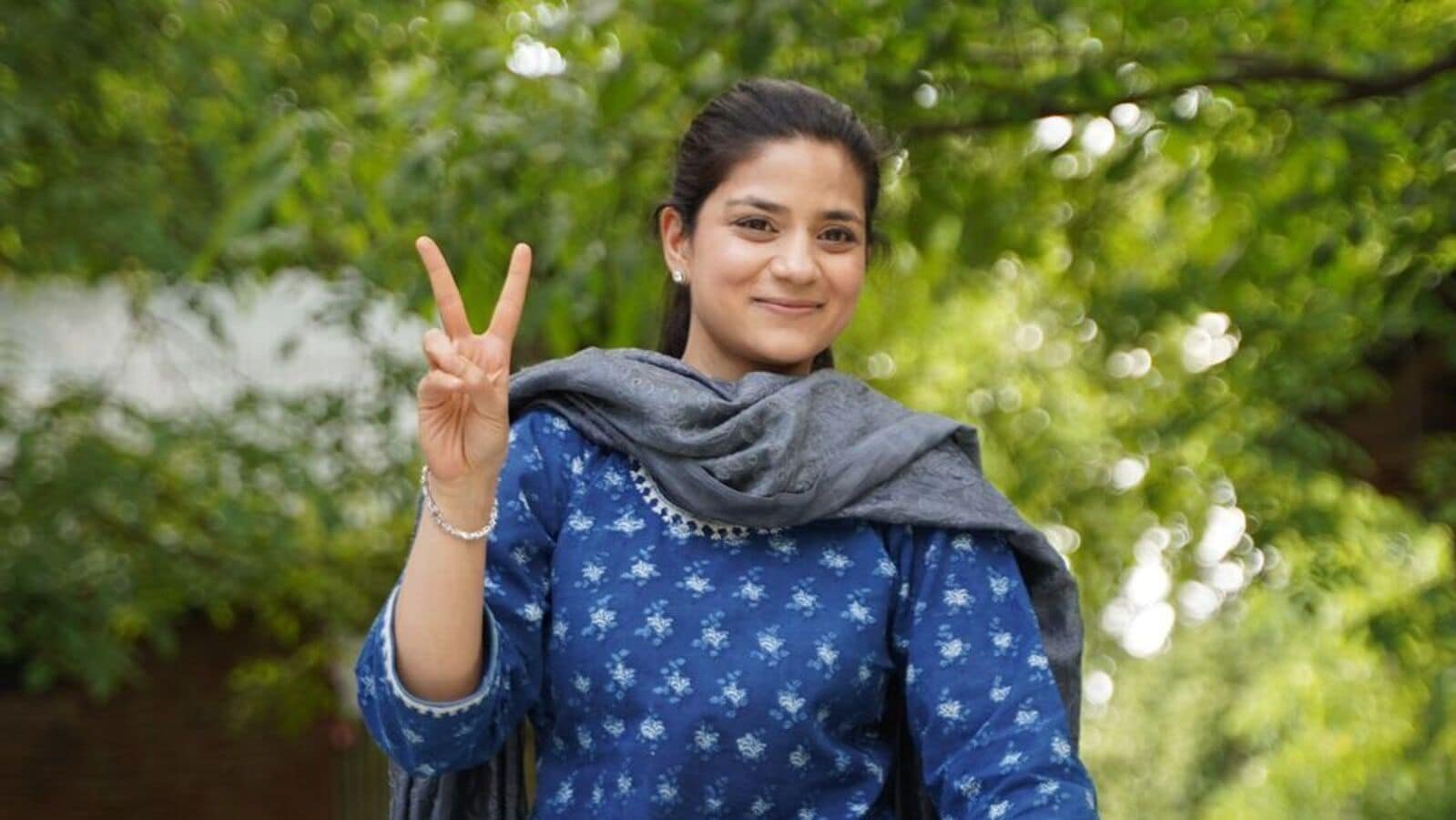On August 8, 2018, when rumours about the Supreme Court hearing a batch of petitions challenging Article 35-A spread across Kashmir, crowds surged onto the streets and clashed with security forces, armed to the teeth, in various parts of the Valley, leaving more than 30 people injured.
- Also read:Why exit polls do not matter
Although people did not protest on August 5, 2019, the actual day when Article 370 was scrapped amidst elaborate security arrangements and a stringent communication blockade, the Valley has witnessed a notable shift in violence since then.
The recently concluded LoK Sabha elections in Jammu and Kashmir are the most tangible reflection of this gradual shift towards democratic preferences from violent resistance.
In contrast to the past chants like “one solution, gun solution” that echoed through the narrow streets of Kashmir, there is now an inclination towards embracing democratic means.
Violence to democratic inclination
Since the 1987 assembly elections, widely perceived as rigged polls which spurred militancy in the region, people leaned towards violent resistance as means to address issues. From demand for Azadi to basic needs like Bijli, Pani and Sadak, violence was a common recourse.
“Over the past 35 years of turmoil in Kashmir, there has been a significant political socialisation of violence. Even to address issues of common concern, people would turn to violence as a means of highlighting their grievances,” said a political observer.
However, during these LS polls, there seemed to be a pronounced change in this established pattern of violence, he pointed out.
The large participation of people, particularly youth, in the electoral process is symptomatic of a shift towards a more inclusive and democratic approach.
Venting anger
After the Union government stripped J&K of its special status and split it into two Union Territories (UTs)—J&K and Ladakh — people of Ladakh took to the streets in favour of their demands for statehood and inclusion of the region in the Constitution’s sixth schedule. An eerie silence, on the other hand, enveloped the Valley.
While some leaders of Kashmir-headquartered political parties termed this silence as an enforced one, citing strong arm methods adopted by the government as the reason, people saw the polls as an opportunity to vent their anger and register their protest against the policies pursued by the government since August 5, 2019.
In their rallies, the principal political parties like the National Conference and the People’s Democratic Party repeatedly said that they were not fighting the elections for improving amenities like Bijli and Pani, but to safeguard their distinct identity land and other constitutional rights.
The popular “gun solution” slogans once hanging heavy in the air on the streets of the Valley were replaced by “jail ka badla vote se (the answer to jail is our vote)”.
- Also read:Campaigning ends for 2024 Lok Sabha elections
“It is not only about venting out our frustration or breaking the silence. It is also about resolving issues democratically,” said Tariq Ahmad, an unemployed youth.
He said that had it been for expressing anger only, he could have chosen the NOTA option. Interestingly, businessline during its election coverage, did not find people, particularly youth, polling for NOTA.




